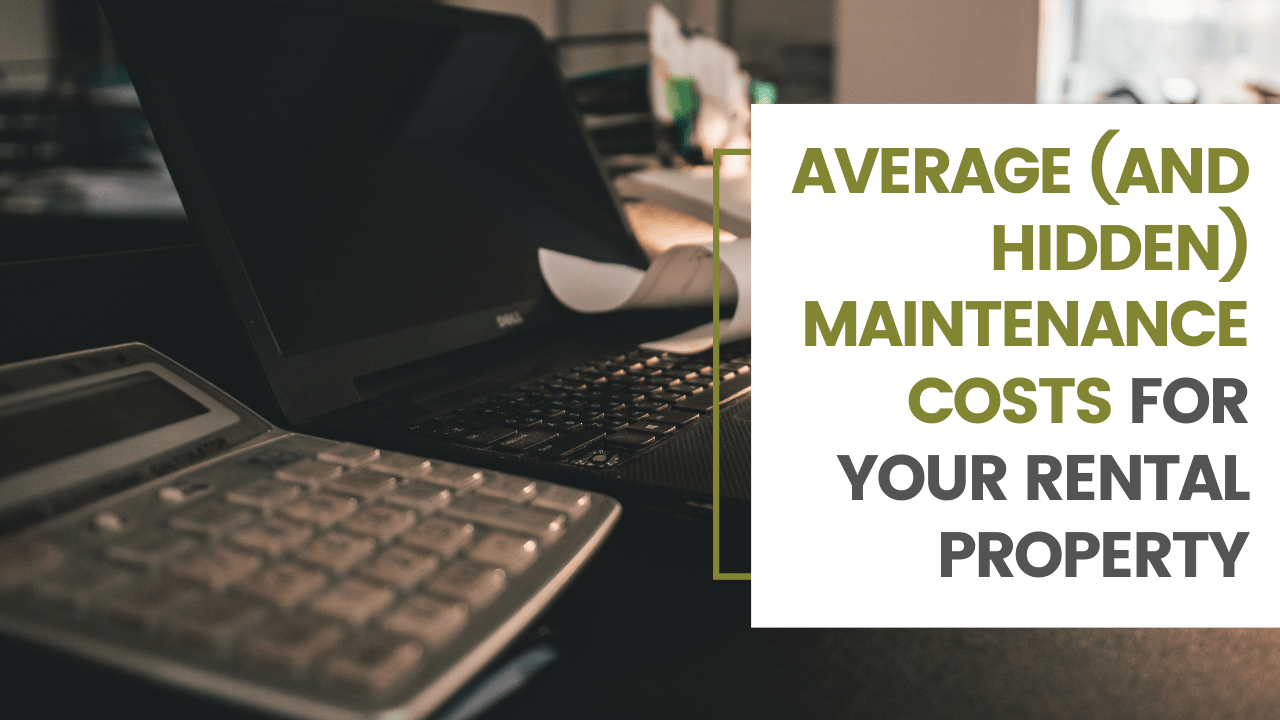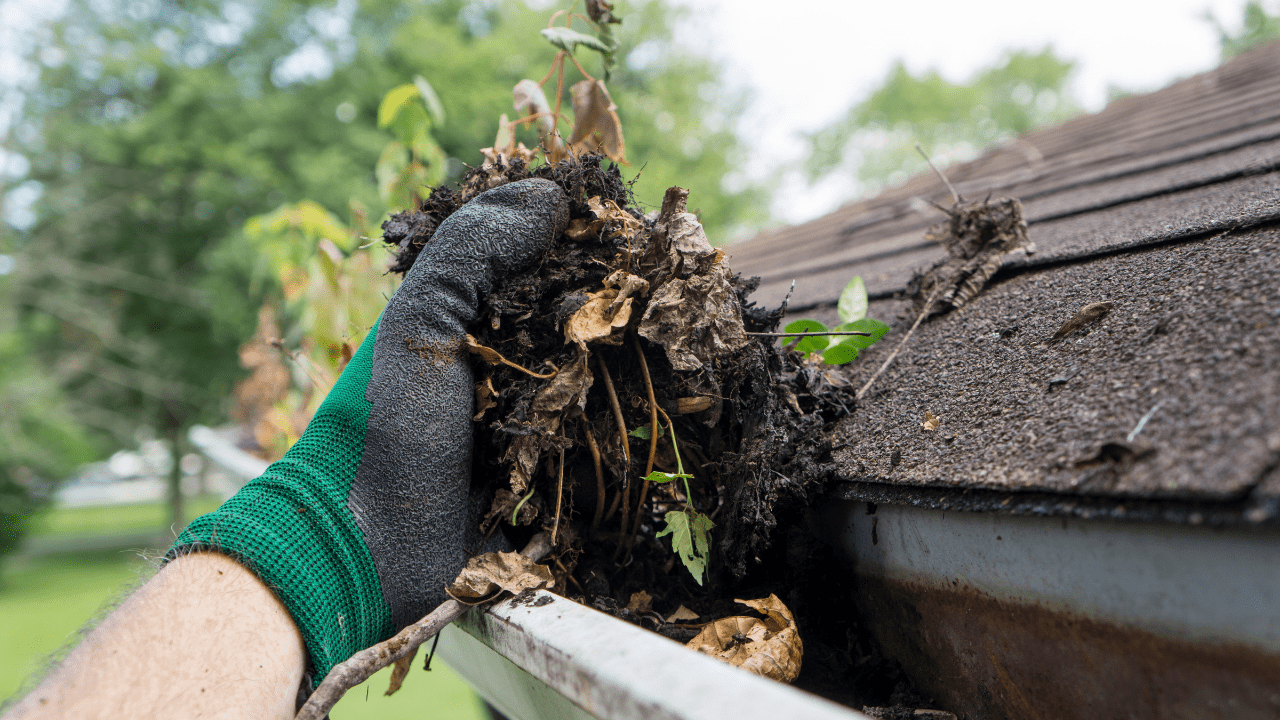Repair expenses for your Boca Raton rental property can be difficult to anticipate and budget for. This is because you never really know what you’ll spend in a given month or year. Some months, you could find you aren’t spending anything, and other months you might have a $500 plumbing repair as well as a $650 appliance replacement. It’s difficult to know what you should anticipate.
There are also lots of hidden maintenance costs. People rarely think about the expense of having an HVAC system inspected and serviced annually. But, it’s a valuable service and a good part of any preventative maintenance plan.
We’re looking at average maintenance costs today and pointing out any hidden expenses that may come as a surprise to rental property owners.
Emergency Repairs Require a ReserveThere are bound to be emergencies that you don’t see coming. A water heater will start leaking or have a complete explosion, a tree will come through a window during a tropical storm, or the air conditioning will give out during the hottest part of a Boca Raton summer.
Have a bit of a budget reserve in place to handle these emergencies financially. You’ll need to make repairs quickly to keep your home habitable and to ensure you’re able to protect its condition and value. If you put aside 10 percent of your rental income every month, for example, you should be able to build a healthy maintenance reserve fund for
emergencies and unexpected repairs.
This will deliver a lot of peace of mind.
Routine Repairs to Expect in Boca Raton Rental Properties
The routine and ongoing repairs you’ll need to make depend on your property’s age, condition, and location. Typically, you can expect to repair, replace, and maintain the following:
- Appliances. A dishwasher may begin leaking or an older refrigerator may give out.
- Plumbing. Leaks can occur at any faucet, in any tub, or behind any toilet. They’ll need to be repaired quickly to prevent larger issues.
- Electric. Outlets will stop working and upgraded wiring will occasionally be required.
- Storm protection and preparation. This is a coastal Atlantic community. We plan for hurricanes and tropical weather every year. You may need to invest in hurricane shutters and roof repairs to ensure your investment can withstand a storm.
- Landscaping. You want to maintain curb appeal, and if your property is in an HOA, you’ll have to meet your association’s standards, too.
- Safety and security. Repairs and updates may be required to locks, smoke detectors, and exterior lighting.
These aren’t always fixed expenses, but if you’re building that emergency reserve, you can use it to take care of ongoing and routine repairs.
Invest in Preventative MaintenanceWhen you want to avoid hidden costs and surprise maintenance bills, invest in
preventative maintenance. This will help you preserve the value of your investment property, keep your tenants happy with where they live, and prevent the deterioration that deferred maintenance can cause. It also extends the lifespan of your most expensive systems and functions.
Have your HVAC system inspected and serviced annually. You can expect to pay about $300 or so, but you’ll save yourself the thousands of dollars you’d have to pay on a new cooling system.















